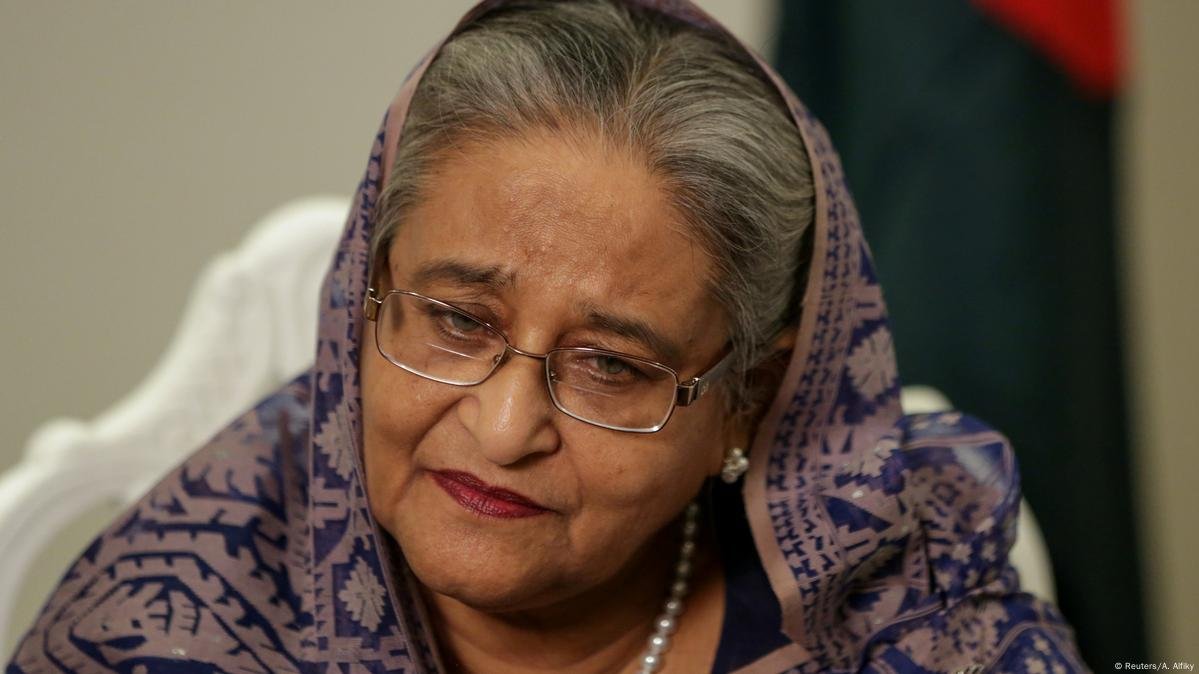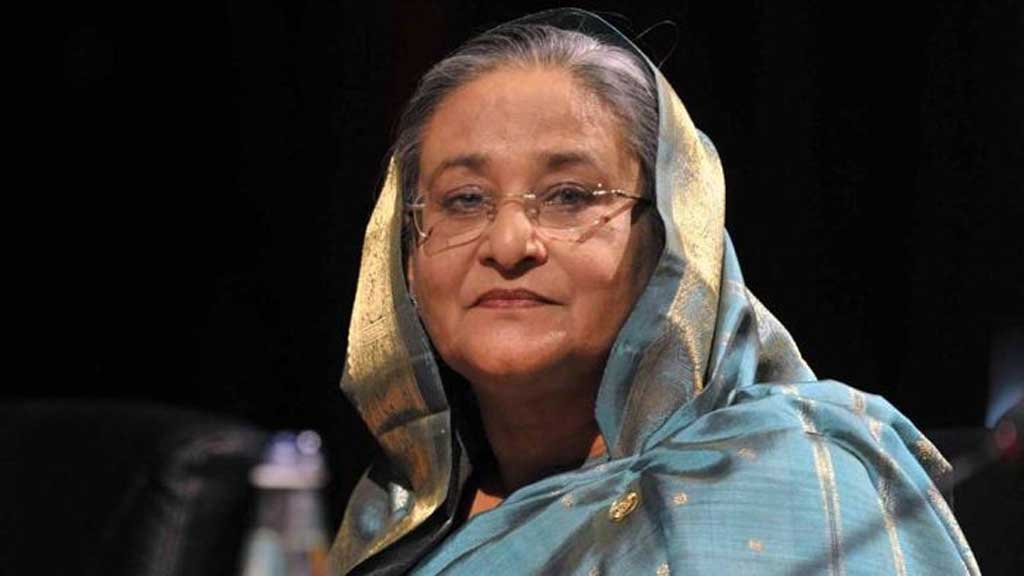Background: Sheikh Hasina’s Exile and Political Downfall
Sheikh Hasina, 77, ruled Bangladesh from 2009 until her ousting earlier this year following a student-led revolution. Amid escalating political unrest and accusations of corruption and authoritarianism, Hasina fled to India in August 2024. Her abrupt departure marked the end of her long tenure, a period punctuated by widespread reports of human rights abuses, including the extrajudicial killings of political opponents and crackdowns on dissent.
Hasina’s exile has sparked tensions between India and Bangladesh, particularly after Dhaka revoked her diplomatic passport. India’s role in hosting the former prime minister has drawn international scrutiny, particularly in light of the arrest warrant and the looming question of whether she will extradite to face trial in Bangladesh Sheikh Hasina arrest warrant.
The Charges Against Sheikh Hasina
The allegations against Sheikh Hasina are severe, with the court accusing her of being complicit in massacres, crimes against humanity, and the suppression of political freedoms between July and August 2024. According to Mohammad Tajul Islam, chief prosecutor of the International Crimes Tribunal, Hasina was responsible for detaining and executing her political rivals under the guise of national security.
Sheikh Hasina arrest warrant, Islam called the court’s decision to issue the arrest warrant a “remarkable day,” highlighting the growing push for accountability in Bangladesh’s justice system. The court ordered that Hasina be brought before it on November 18 to answer for these accusations.
The Role of the International Crimes Tribunal
The International Crimes Tribunal (ICT), establish by Hasina’s own government in 2010, was originally set up to investigate and prosecute war crimes committ during Bangladesh’s 1971 war of independence from Pakistan. However, over the years, the tribunal has faced mounting criticism from international organizations, including the United Nations and human rights groups. Critics argue that the ICT has use as a political tool by Hasina’s government to eliminate opponents and silence critics.
Many have raised concerns about the fairness of the tribunal, citing its lack of transparency and procedural flaws. Now, with the tribunal turning its attention to Hasina herself, these criticisms have taken on a new dimension, sparking debate over the tribunal’s integrity and the future of justice in Bangladesh.
The Complex Extradition Dilemma
While Bangladesh and India have an extradition treaty in place, the situation is complicate a clause that allows India to refuse extradition if the charges are deem to be of a “political character.” Given the politically charged nature of the accusations against Hasina, it remains unclear whether India will comply with Bangladesh’s request to return her for trial.
India’s decision will not only affect diplomatic relations between the two nations but also carry significant implications for regional stability and justice in South Asia. Should India refuse to extradite, it could embolden Hasina’s political allies and undermine the legitimacy of the tribunal’s efforts to hold her accountable for her alleged crimes Sheikh Hasina arrest warrant.

Public Reaction and Political Impact
Sheikh Hasina’s arrest warrant has stirred strong reactions within Bangladesh and across the region. For some, the warrant is see as a long-overdue reckoning for a leader whose administration was marr by authoritarianism and human rights abuses. For others, particularly her political supporters, the charges against her are seen as politically motivate and part of a broader effort to rewrite her legacy.
Hasina’s absence from the public eye since her departure has only added to the intrigue surrounding her case. Her last known location was a military airbase near New Delhi, India, and she has not made any public statements since then. The political future of Bangladesh remains uncertain, with her absence leaving a leadership vacuum that could further destabilize the already volatile political landscape.
Read More: Jigra Box Office Collection Day 6: Alia Bhatt Film Faces Stiff Competition from Rajkummar Rao- Click Here
What’s Next for Sheikh Hasina?
Sheikh Hasina arrest warrant, As the November 18 court date approaches, all eyes are on India and Bangladesh to see how this political saga will unfold. If Sheikh Hasina is extradit and brought to trial, it could mark a turning point in Bangladesh’s pursuit of justice and accountability for past leaders. However, if India refuses extradition, it could complicate relations between the two countries and set a precedent for future cases involving political figures in exile.
The world is watching closely as Bangladesh navigates this turbulent chapter in its political history. The outcome of Hasina’s case will undoubtedly shape the country’s future, potentially redrawing the lines of power and influence in South Asia.







